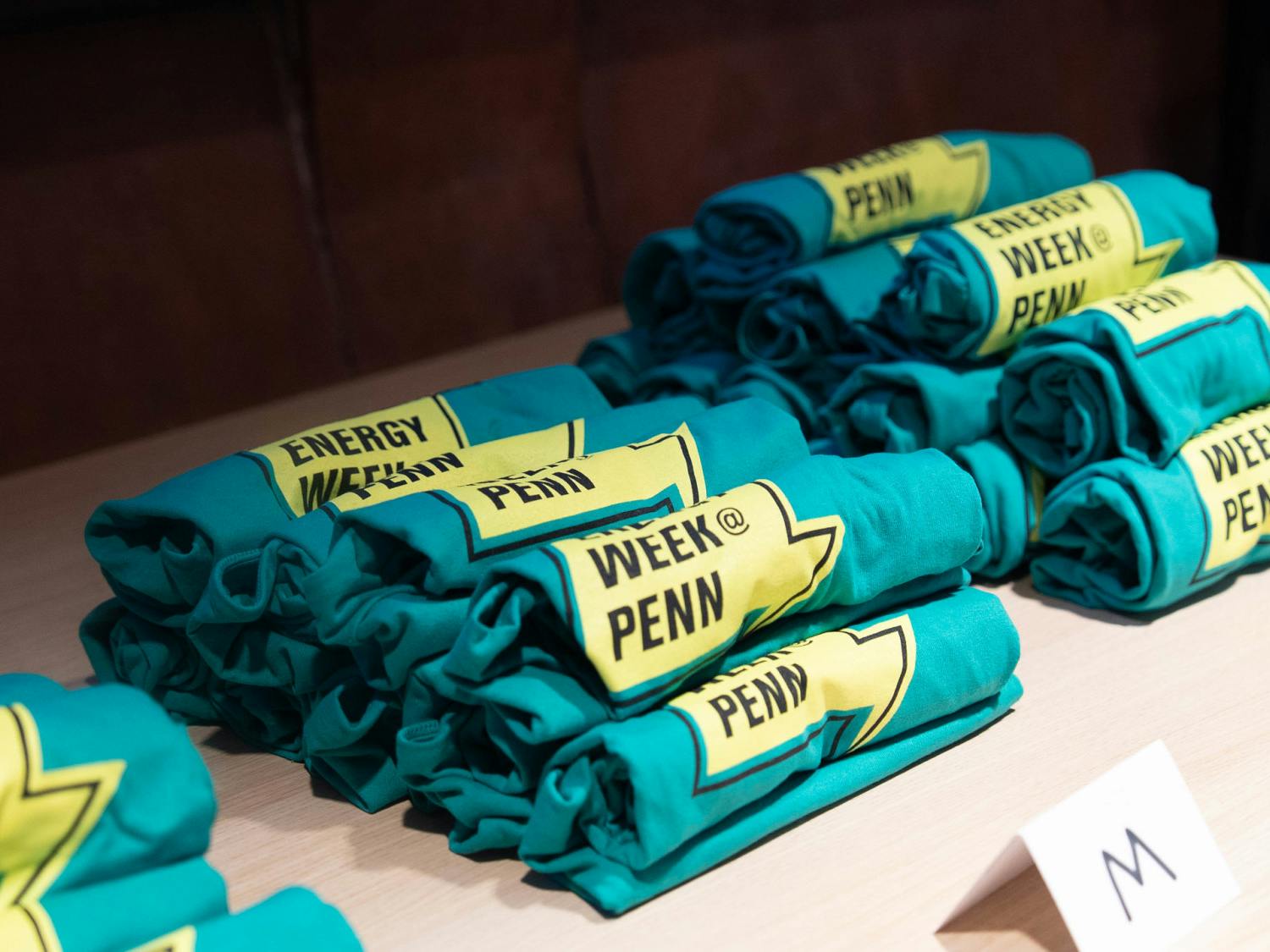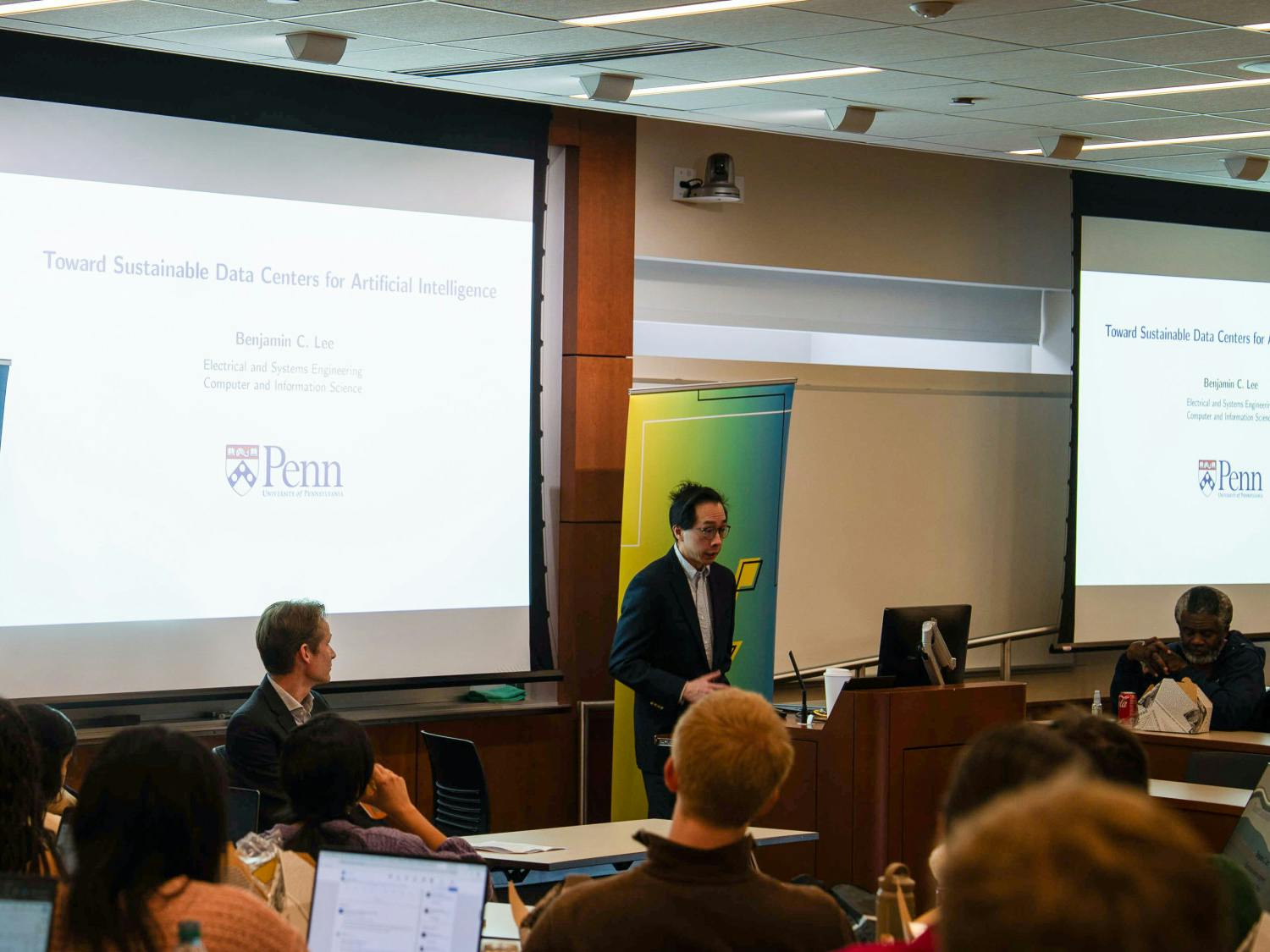While Penn start-ups and aspiring entrepreneurs have traditionally hoped to snag interest from venture capitalists or so-called “angel investors,” online crowdsourcing is changing the way that students find funding for their projects.
“In the past five, ten years, online crowdfunding has become more of a trend,” Wharton junior Dillon Chen said. “And that’s an easier platform to promote your product, get users or show investors that you’re ready to take the next step.”
Chen is president of the Wharton Undergraduate Entrepreneurship Club, which works with students seeking to begin their own companies. Online crowdsourcing sites are a better fit for some products than others, he said.
“The first [consideration] is…what the entrepreneur or student’s goal is. If they want it to be more of a “lifestyle business,” something to maintain while having another job, I would definitely recommend Kickstarter,” he said. “But if they want it to be the new Google or Facebook, then…go the more traditional route.”
Kickstarter and similar forms of online crowdfunding are also better for people who are offering physical products, Chen said, as potential backers are able to more tangibly see the results from their money.
When College senior Jameel Mohammed began developing KHIRY, his line of jewelry inspired by the African diaspora, he soon realized that he was going to need more money — a lot of it.
“When you go to production, you need to meet minimum [volume],” Mohammed said. “[The factory] doesn’t produce…just one object of a unit. Once I realized that I would have to make a larger commitment in terms of inventory ordering, I knew I would have to pursue other forms of funding.”
For Mohammed, crowdfunding was a highly appealing option.
RELATED:
Students demo startup ideas to venture capitalists
College junior aims to change definition of beauty with African-inspired luxury jewelry line
“It seemed the most immediately doable, and what I would have the most control of — as opposed to going out and seeking funding from VC’s or from angel [investors],” he said.
Funding comes later on the life cycle of a startup; before even considering what funding options to use, aspiring entrepreneurs have many other decisions to make.
“Starting from the idea, it’s doing a lot of customer discovery and prototyping,” Chen said. “The point when they start considering the Kickstarter is once they’ve nailed down the prototype for their product and they’re really happy with what it looks…and then they’ll start figuring out how to market it.”
The Wharton Undergraduate Entrepreneurship Club usually sees four to five startups every year that are ready to look for financial backers.
“That whole process usually takes around five to six weeks to plan and implement, and [it’s] really important for the Kickstarter to be successful,” he said.
According to a 2013 paper by Management professor Ethan Mollick, fraud is rare in crowdfunded projects — but tardiness isn’t, with over 75 percent of projects delivering products later than expected.
Some Kickstarters, like a 2014 campaign by LeVar Burton of the television show Reading Rainbow, are run by people who already have a certain degree of fame. But online crowdfunding is popular in large part because of what Mohammed referred to as its “democratic” nature; the average successful project on Kickstarter raises about $6,000, and the individual contribution is around $25 — very different from the “Shark Tank” route of fundraising by pitching to individual investors or funds.
“It puts your fate more in your own hands as opposed to having to appeal to someone else for funding or for an opportunity,” Mohammed said. “I think it’s really central for our brand especially…that we’re able to communicate [our] story for consumers so they can understand it and understand where we’re coming from.”
Mohammed’s Kickstarter campaign for KHIRY raised $25,670, with 404 backers. The brand, an “exercise in reinterpreting diasporic history” that Mohammed compares to the music genre Afrobeat on the company’s website, was not one that he thought would be highly appealing to a typical venture capitalist.
“College kids who’re trying to make a luxury brand, essentially in a college apartment, and inspired by the African diaspora — that’s a set of facts that does not lead to a great investment opportunity for a lot of investment professionals,” he said. “Kickstarter allowed me to tell my own story and to take the reins into my own hands.”









